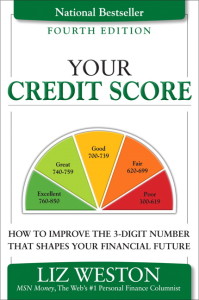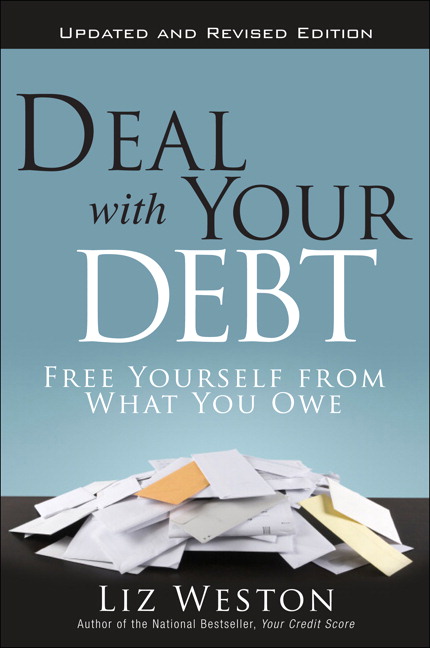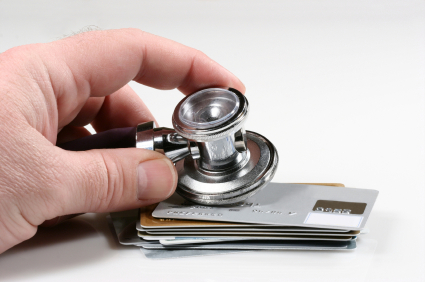 The myth of open houses, the credit report you never knew about and how to avoid being squeezed by airlines.
The myth of open houses, the credit report you never knew about and how to avoid being squeezed by airlines.
The Credit Report You Haven’t Seen Yet
How “alternative credit data” could help you get approved at lower rates.
Cyber-thieves: More Tips on How to Protect Yourself From Credit Card Theft
Protecting you and your credit from cyber-theft.
Are Open Houses a Waste of Sellers’ Time?
Open Houses are not only a waste of time; they could be an open invitation to thieves.
From bag fees to charging to make reservations by phone, airlines are determined to squeeze as much money out of passengers as possible.
There’s money to be made in mutual funds, if you have the patience.



